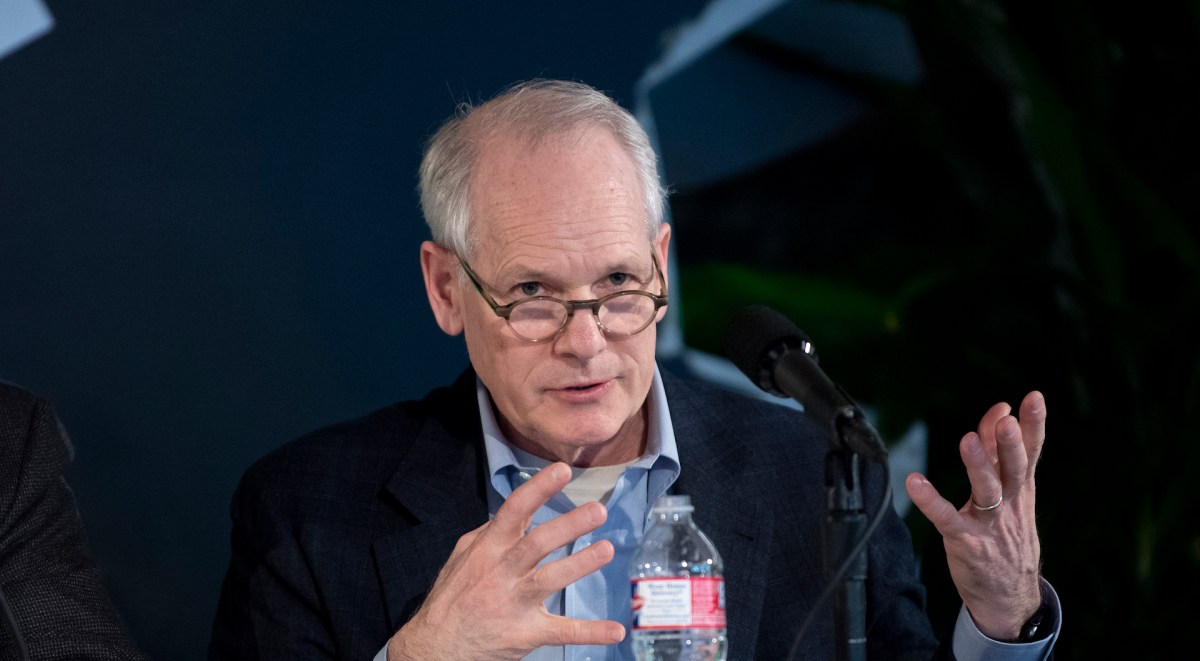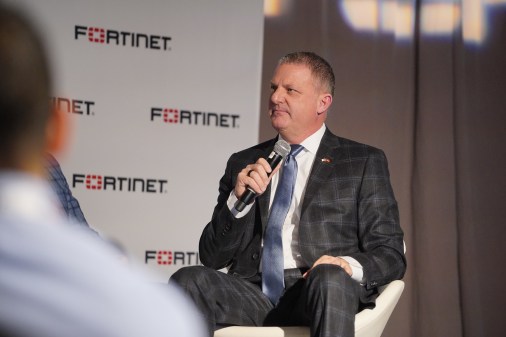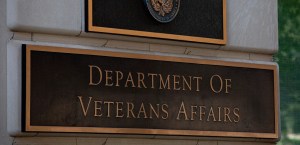Veterans Affairs CIO ‘cautiously optimistic’ Oracle Cerner can turn around EHR modernization under new contract

Following the recent renegotiation of the Department of Veterans Affairs’ contract with Oracle Cerner to modernize its electronic health record system after a slew of issues forced the VA to pause its rollout, Kurt DelBene, the department’s chief information officer, sounded a note of optimism that the program is now headed in a positive direction.
“I guess I’d say I’m cautiously optimistic,” DelBene told FedScoop on an episode of the Daily Scoop Podcast this week.
DelBene reasoned that the schedule the VA took in its initial attempt at rolling out the $16 billion EHR modernization program was “pretty aggressive” but that the department “learned a ton from the five sites that we’ve deployed to” in terms of the functional usability of the system as well as its resilience and reliability.
The VA in April suspended the rollout of the EHR as part of a major reset, saying it wouldn’t be brought back online until it is “highly functioning.” Then in May, the department announced it had reached a new agreement with Oracle Cerner — the contractor that is developing and delivering the EHR platform — that it said “dramatically increases” the government’s ability to hold the contractor accountable for reliability, responsiveness and interoperability.
“I feel good about the fact that we have taken a pause, that we have very concrete requirements, a number of them are actually put into the update to the contract. So we now have lots and lots of SLA, or service level agreement, dimensions that are actually spelled out with penalties,” DelBene said.
DelBene, a former senior executive with Microsoft, continued: “Coming from the commercial world, I looked at it from the vantage point, if we were the recipient of this contract, how would I feel about … the difficulty of meeting these expectations and how much I’m being held accountable? And I feel very good. We took all dimensions of the performance of the system.”
So why the caution? DelBene understands the reality that this is an extremely complex system the VA and its partner Oracle Cerner are attempting to deliver to clinicians.
“It’s really complex to change your health record system. I think we’ve done the right thing in getting to the pause, getting to criteria to launch again, and I am optimistic,” he said.
The Pentagon’s success in rolling out its modernized EHR, which is based around the same Oracle Cerner platform, gives DelBene hope as well — though it didn’t face quite the same scale and complexity as VA’s system.
“I think that’s a signal that that we can make it work. But there’s been a certain uniqueness and variability of the way healthcare is delivered in the VA. And we’ve had to do more customizations to actually just facilitate how physicians and caregivers work in the VA,” he said.
With those challenges in mind, things are getting better and VA is getting “further along” on the journey to be at a point where it will decide to resume the rollout of the EHR, DelBene said. However, “We’re not going to start our resume from the pause until we feel good about where we’re going next,” he added.
During the wide-ranging conversation with FedScoop, DelBene also discussed how he’s approaching digital transformation within the VA, the changes he’s ushered in in getting IT and cyber professionals better pay, and how he’s thinking about artificial intelligence.






